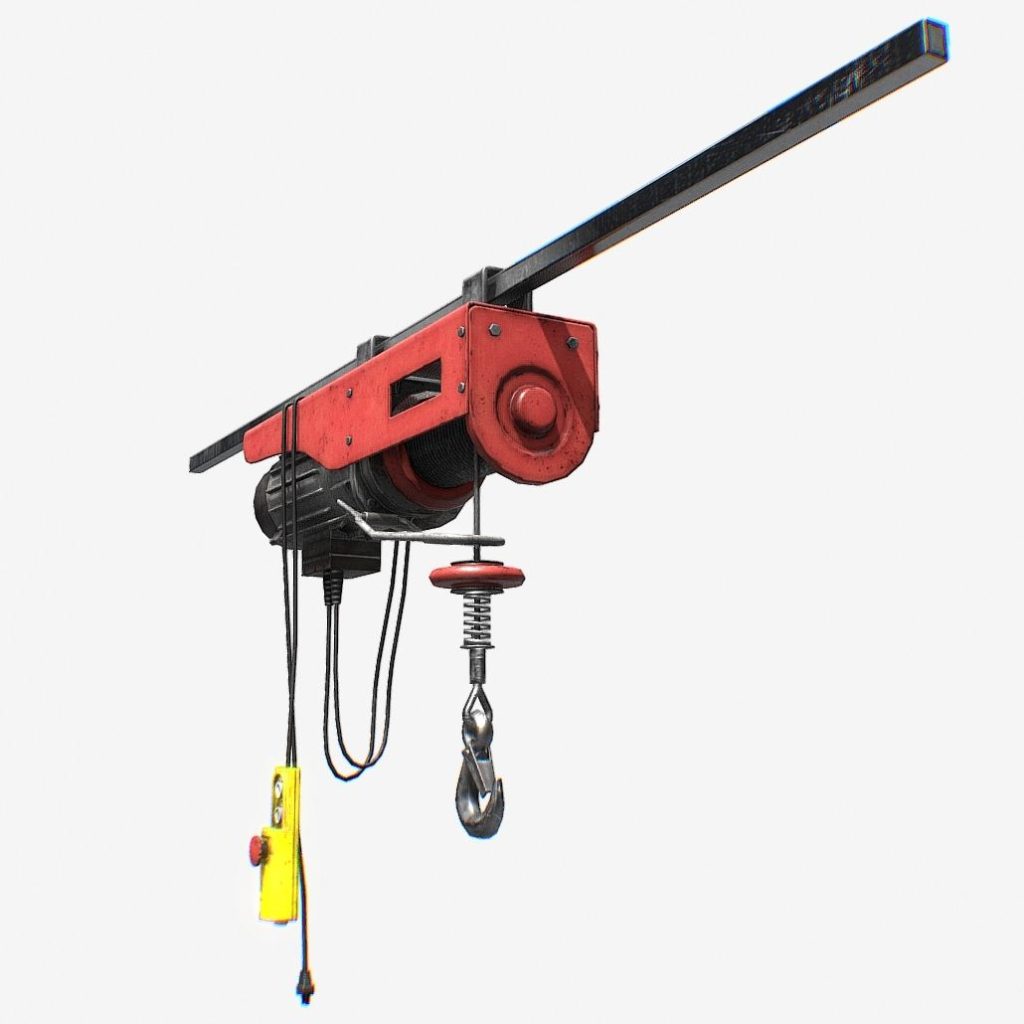Streamlining operations in any manufacturing environment is crucial for maximizing efficiency and minimizing costs. One way to achieve this is through the integration of advanced electric hoist manufacturing technologies. Electric hoists are essential in various industries, providing reliable solutions for lifting and moving heavy materials with precision and safety. As manufacturing processes become increasingly complex, the need for efficient material handling equipment has never been more vital. Advanced electric hoists are designed with innovative features that enhance operational efficiency. These hoists often come equipped with smart technology, enabling real-time monitoring and diagnostics. This functionality allows operators to track performance metrics, detect issues before they escalate, and schedule maintenance proactively. By reducing downtime and preventing unexpected failures, businesses can maintain a consistent workflow and improve overall productivity. Furthermore, many modern electric hoists incorporate advanced controls and automation, enabling seamless integration into existing manufacturing systems. This compatibility allows for streamlined operations, as hoists can be programmed to work in conjunction with other machinery and processes, minimizing manual intervention and reducing the potential for human error.

In addition to their operational benefits, advanced electric hoists also contribute to enhanced safety standards within the workplace. With features such as overload protection, automatic braking systems, and remote control capabilities, these hoists provide a safer lifting solution for employees. By minimizing the risks associated with manual lifting and reducing the potential for accidents, businesses not only protect their workforce but also avoid costly liabilities and insurance claims. Investing in advanced electric hoist technology can lead to a safer work environment, which in turn fosters employee morale and productivity. Moreover, the design of modern electric hoists often emphasizes energy efficiency. Many manufacturers are now producing hoists that utilize less energy while delivering the same level of performance. This reduction in energy consumption not only lowers operational costs but also aligns with growing sustainability initiatives within the manufacturing sector. By choosing energy-efficient hoists, companies can reduce their carbon footprint and demonstrate a commitment to environmentally responsible practices, appealing to an increasingly eco-conscious market.
Additionally, the versatility of polipasto eléctrico allows them to be used across various applications and industries. Whether in construction, automotive, aerospace, or warehousing, electric hoists can be tailored to meet specific lifting needs, making them an invaluable asset for any operation. Their adaptability ensures that businesses can rely on a single piece of equipment for multiple tasks, further simplifying operations and reducing the need for multiple lifting solutions. In conclusion, embracing advanced electric hoist manufacturing can significantly streamline operations within a manufacturing setting. By leveraging innovative technologies, enhancing safety protocols, improving energy efficiency, and ensuring versatility across applications, businesses can not only boost productivity but also foster a safer and more sustainable work environment. Investing in electric hoist technology is not merely a functional upgrade; it is a strategic move toward operational excellence and long-term success.